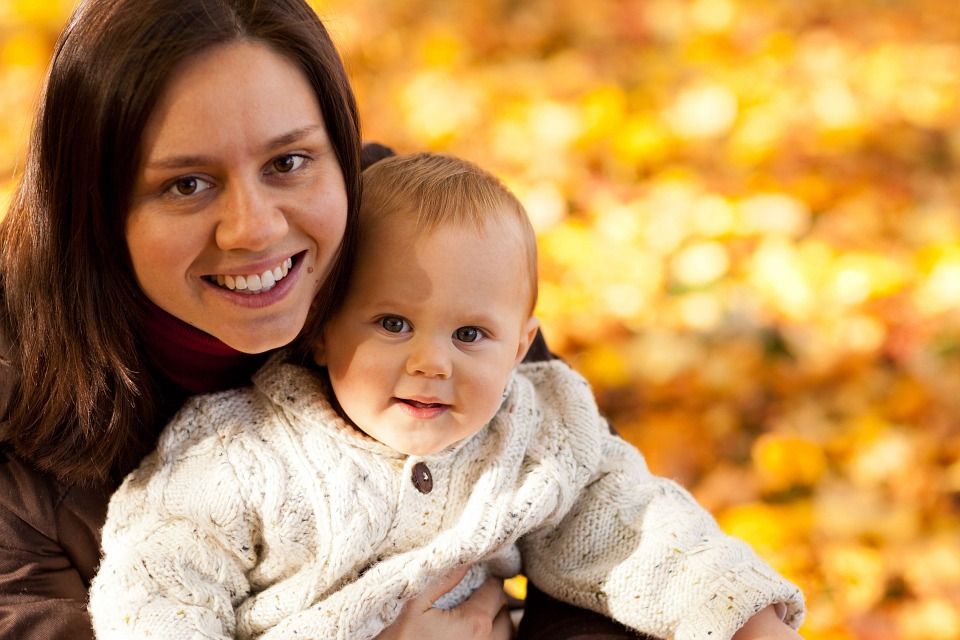
Responsibilities of the Custodial Parent
A parent that has been awarded sole physical custody of a child, or the parent whom the child primarily lives with is referred to as the custodial parent. The custodial parent is responsible for the day-to-day care of the child. In most cases, if both parents are considered to be fit, the courts will assign joint physical and legal custody where both parents legally share parental duties, but it is not uncommon for the court to specifically state, in any custody and visitation order, where the child will spend most of his or her time, which is referred to as primary custodial parent. The primary custodial parent has the right to make decisions about the child’s daily activities without discussing with the other parent allowing the child’s life to run smoothly without much interruption from his or her regular schedule. However, with that being said, this does not mean that the primary custodial parent can keep information about the child from the other parent if the other parent is fit and has been granted visitation rights by the courts. In addition to the care of the child, a custodial parent has a responsibility to the other parent as to the child’s well-being, medical records, school records, extraordinary expenses and more.
- It is best for both parents to keep an amicable relationship with one another for the child’s sake or a at a minimum in front of the child and never speak badly of the other parent in the presence of the child or where he or she may overhear you.
- Stick to the visitation schedule established by the courts or developed in your parenting plan (check out our past blog about how to develop a successful parenting plan). Occasionally, situations will arise requiring a change to the visitation schedule, if this happens, give the non-custodial parent as much notice as possible and the opportunity to make up the visitation at another time.
- Always consult with your former spouse regarding all meaningful issues affecting your child. Try to put yourself in his or her shoes---you would want to know this information if you were not the custodial parent.
- Arkansas statute 9-13-301 gives all non-custodial parents with visitation rights, the right to scholastic records of the child. The school district or any college official or employee having custody or control of student scholastic records is required to release them as well or they can be charged with a misdemeanor punishable by a fine up to $500. Do not keep important information from the other parent; because it is not only the right thing to do to keep your child’s best interest, you are legally bound to do so. If you do not, then you will be in contempt of court.
- Before incurring any extraordinary expenses for your child, consult with the non-custodial parent if you are expecting him or her to pay half. This includes items such as medical expenses, childcare expenses, private schools, extracurricular activities and more. Making sure the other parent can cover the major cost beforehand is the responsible and courteous thing to do.
- Finally, Kevin Hickey Law Partners always recommends keeping a record of child support payments for both the custodial parent and non-custodial parent allowing you to show proof of payment or non-payment if payments become an issue and you must go back to court.
Whether you are just starting the divorce process and working out child custody, need a revision to child custody, or find yourself as the non-custodial parent being excluded from important documents, decisions and records regarding your child, Kevin Hickey Law Partners can help. Unfortunately, many parents cannot separate their ill feelings towards their former spouse and their responsibility to hold the best interest of the child at the forefront. All family courts have set the best interest of the child as the legal standard to ensure that every child grows up happy and healthy no matter the situation. If you feel your child’s best interests are not being met, do not delay and call us today. You can never act too soon with matters regarding your child.
